Sizewell B: Life of Suffolk nuclear plant may be extended by 20 years
- Published
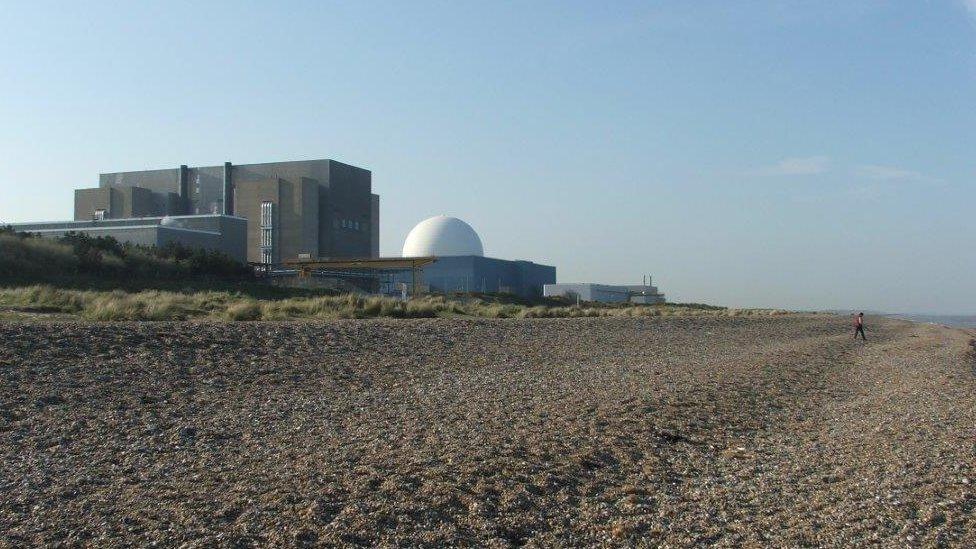
Energy from Sizewell B nuclear power station is looking at being extended for a further 20 years
The operating life of the Sizewell B nuclear power station could be extended by 20 years, according to EDF Energy.
The plant on the Suffolk coast, due to be decommissioned in 2035, could operate until 2055, pending approval by the regulator.
It comes on the day the government announced plans to build up to eight more nuclear reactors in the UK - with two earmarked for Sizewell.
EDF Energy said the extension would protect jobs and the energy supply.
However, campaigners with Together Against Sizewell C (TASC) condemned the government's decision to invest in nuclear energy as "fantasy politics."
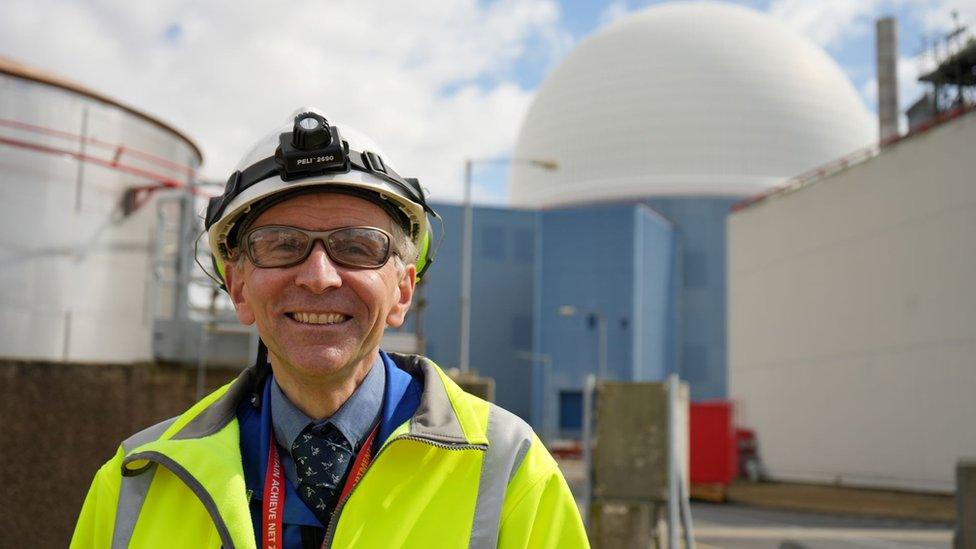
Robert Gunn, Sizewell B station director, says extending Sizewell B's remit for a further 20 years makes economic sense
Robert Gunn, station director at Sizewell B, described the proposed extension as a "fantastic opportunity" that would provide "reliable low carbon power for the country".
"There is quite a bit of work to do, that's why we're planning to make the decision in 2024," he said.
"We'll do a lot of safety case reviews at that point, work out what we need to do to invest in the plant.
"As part of that we will have to look at the investment budget, but we are confident we can find that commercially."
Mr Gunn said a spend of between £500m and £700m would be required - but it was not clear yet who will fund the costs.
"It does sound like a lot of money but if you look at 20 years of low carbon, reliable 24/7 power, it's a good return for that money," he said.
"We bring in roughly £40m to the local community, the life extension will protect these jobs," he said.
The original design of the plant was for a 40-year life, but Mr Gunn said it was still safe to run for "at least" two more decades.
"We do have a lot of experience internationally, this reactor type is quite common around the world, and many of those power stations have already made that 60-year life decision," he said.
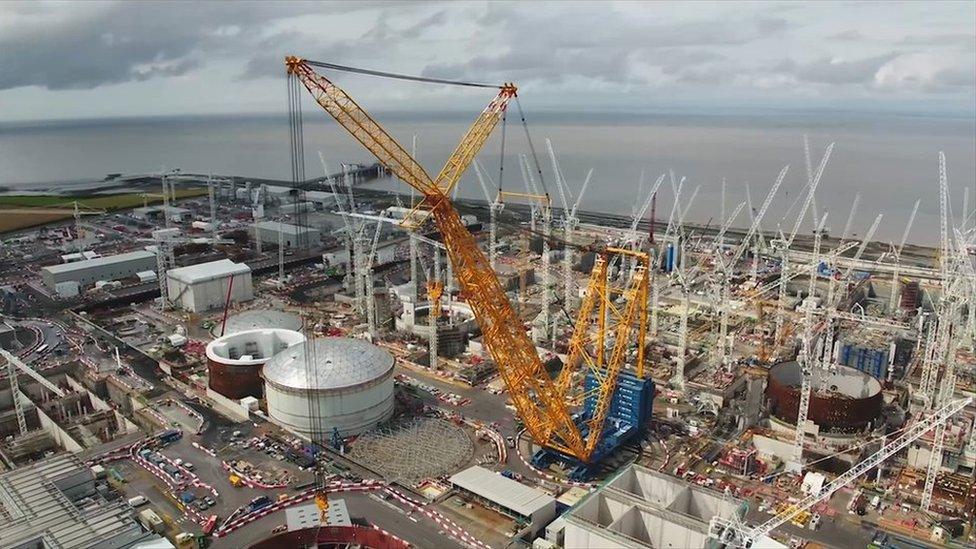
Europe's largest building site at Hinkley Point in Somerset, where two new nuclear reactors are being built
Business and Energy Secretary Kwasi Kwarteng also committed to building a new reactor - Sizewell C - but the project has yet to receive planning permission.
Sizewell C is expected to be a replica of Hinkley Point C nuclear plant in Somerset, which is under construction and expected to open by the end of 2026.
Mr Gunn said "valuable lessons" had been learnt from the Somerset build, "and we will look to replicate all the design at Hinkley which has been done successfully".
Hinkley C is currently running over budget and is late to complete.
But not all have welcomed the government's security energy strategy, which focuses on reducing the UK's reliance on oil and gas and preventing future price shocks.
Campaigners with TASC said: "There is no energy crisis in the UK, it's a pricing crisis which will be exacerbated by the government's financial support for new nuclear projects."
The organisation has called for the government to invest in renewables instead.
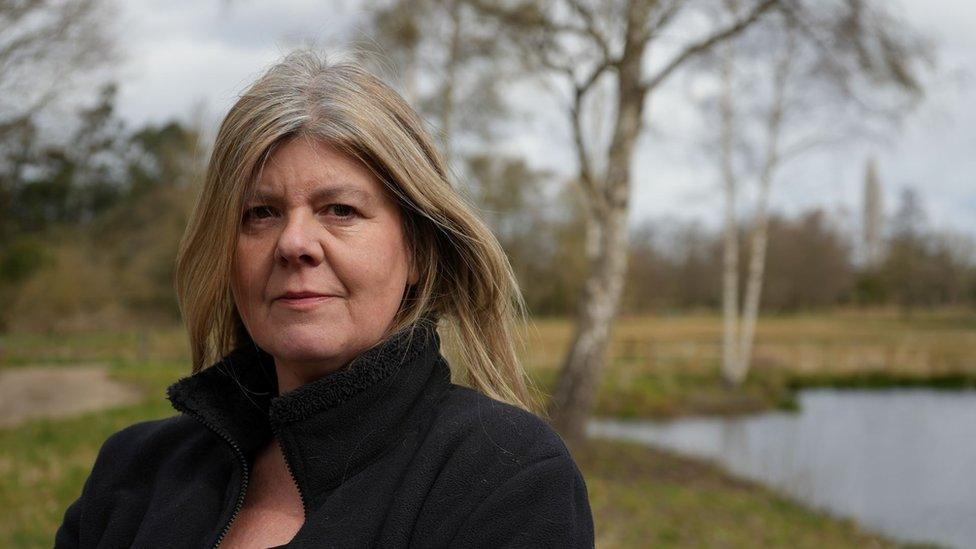
Alison Downes of Stop Sizewell C says investment in nuclear would be "slow, risky and expensive"
Alison Downes, of Stop Sizewell C, posted on Twitter: "Ministers are locking the country into the most risky, slow and expensive energy infrastructure, forcing consumers to pay for it twice - a nuclear tax for construction and higher-priced electricity."
The process of creating nuclear electricity does not result in greenhouse gas emissions, but does produce hazardous radioactive waste that needs to be stored.
There are currently six plants that can supply about 20% of UK electricity demand, with 15% generated in 2020.

Find BBC News: East of England on Facebook, external, Instagram, external and Twitter, external. If you have a story suggestion email eastofenglandnews@bbc.co.uk
Related topics
- Published7 April 2022

- Published7 April 2022
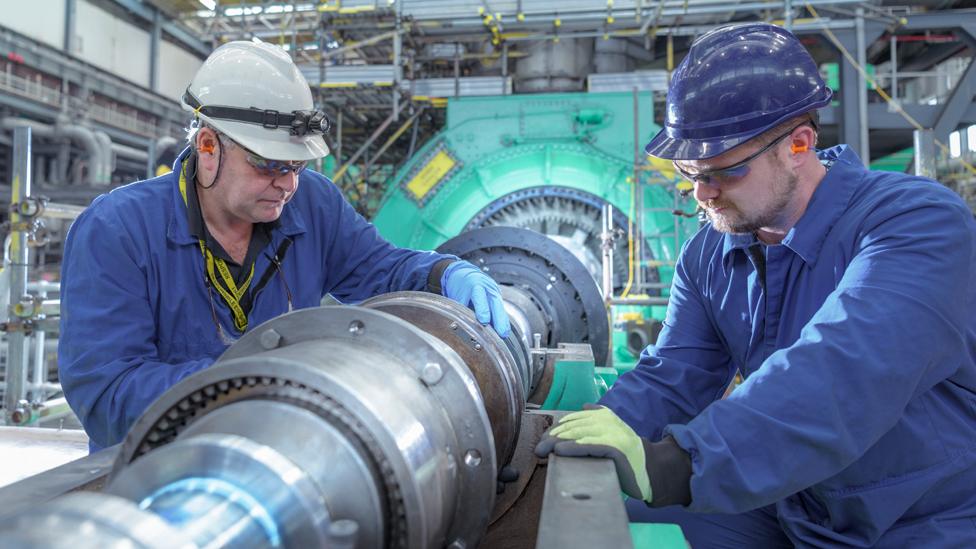
- Published27 January 2022
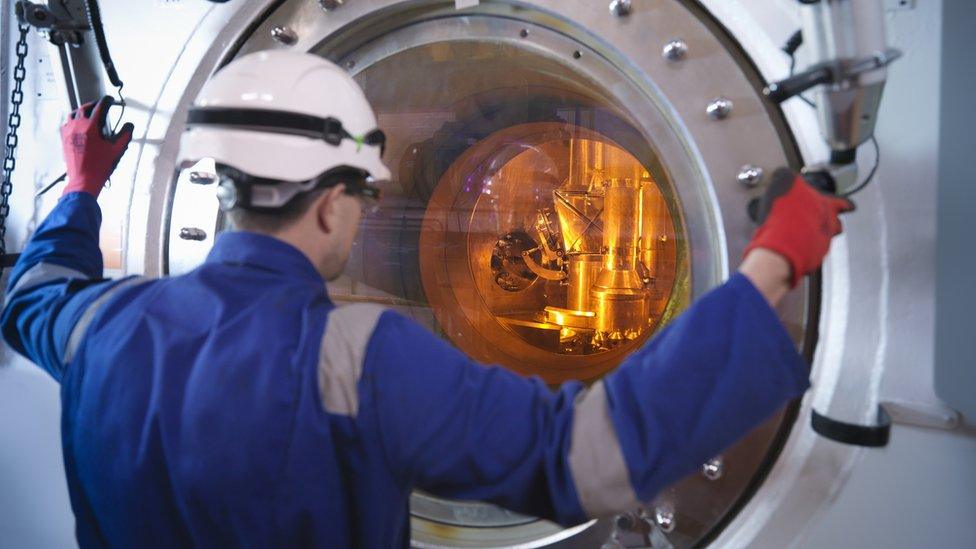
- Published6 May 2020

